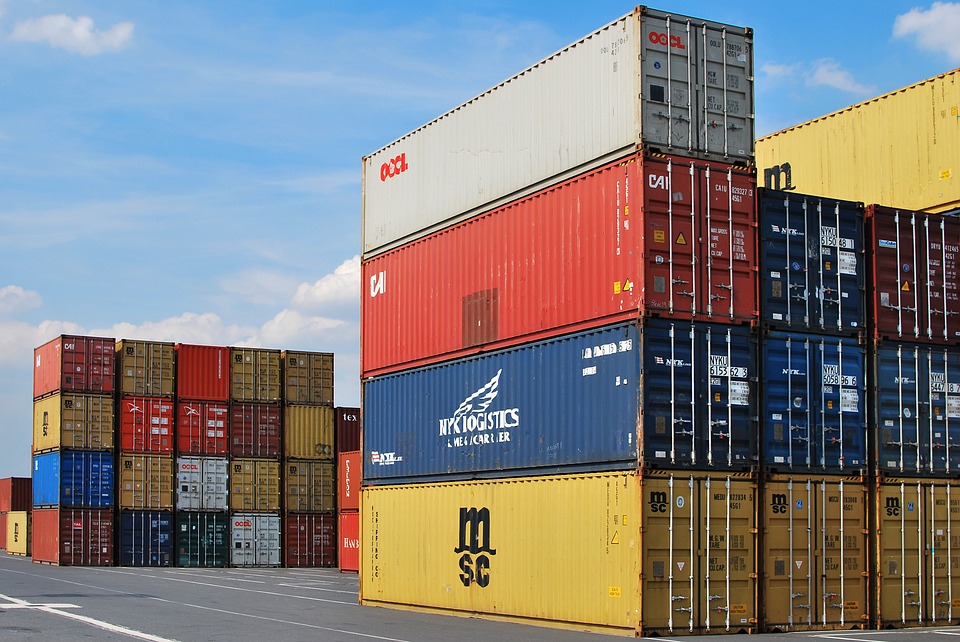New patterns directly influence business through globalization. We are well aware of the effects of IRFC on our balance sheets, safety standards with Latin NCAP in the automotive area, fossil fuel carbon emissions and more. However, never in the evolution of the global economy, have we seen the importance of standards being as relevant as recently in Artificial Intelligence- AI. Due to the enormous power of scale that AI represents, bringing Big Data in its baggage, the speed of intelligent processing and the reach of networking, make AI the biggest paradigm in the business and economic contexts today. Its scope is scaled beyond these boundaries, reaching the social and political areas. On this scale, it directly affects the scope of global societies, including Latin America.
In the social and political areas, we observed the performance of AI in the U.S. elections, in Brexit and in the Brazilian elections, where social media, in the end, made the difference. We can also imagine the same in the Argentine elections. Like the Cambridge Analytica case on Facebook, relating individual and group dissatisfaction to a political proposal, made the campaign strongly directed by social media. How this procedure is politically sustainable over time is the ethical issue in the policy we are facing. In the social field, the preferences identified by algorithms allow the State to direct public policies to its citizens. China has used this mechanism to perform a “score” of conformities for the citizens’ evaluation called the Social Credit System to grant preferences or punishments₁.
In the economic area, the nine Digital Giants act directly with AI in their markets, not only globally, but also selectively in each of our countries. Through the Internet, we receive daily personal preferences of services and products originated by our searches. On the personal side of our interactions in the electronic media, they are interpreted by Siri, Alexa, etc. we get answers to unanswered questions. To some extent, we are not bothered, but we begin to see how interference occurs in our private lives.
In the technological area, we realize that AI has made amazing progress, in the areas of health, work systems, procedures in machine learning and extended reality, among others. Nevertheless, when security issues come into play, the machine, which makes decisions by itself, becomes very important when we are in spheres of lethal risks replaces the human option. In many cases, the decisions taken by AI overlap with the human decision, considering that it is safer or because the “majority” has opted for it. These imply directly on the scale of values and become ethical. “Someone” programs the algorithm with the best intentions, and becomes the consciousness of the system. This already well-known and highly sensitive issue affects several societies. The response of the European Union was to install a platform of AI and ethics, with the participation of well-known personalities offering proposals to the public with alternatives and a guideline of principles, to become regulations or laws₂.
In the U.S., public and private high-profile institutes, such as MIT, establish impact projects (for example: Moral Machine) to create cultural paradigms that can establish commonly accepted standards of ethical conduct₃. In this way, an autonomous vehicle may in the future have a European program, different from the Asian one, giving life or death preference to different groups of society, in case of an inevitable fatal accident.
Which pattern will Latin America follow? How will it position itself on issues of socio-cultural relevance? The incipient discussion on our continent already has platforms on which these questions are being addressed. In Brazil, eight universities, companies and startups have launched an Advanced Institute for Artificial Intelligence (AI2) where the FEI will be leading the AI Core Platform and Ethics₄.
AI can boost Latin America’s growth in several strategic areas such as agribusiness, logistics, health, sustainability education, among others₅.
The main question is how will Latin America define its path through its values or adopt diverse patterns? Several initiatives show that Latin America is not oblivious to the challenge. Brazil, Argentina, Uruguay and other countries have already defined their Data Policy and IoT platforms and are taking part in the debate on Ethics and AI₆. It is expected that legislative institutions, self-proclaimed norms and rules will be installed quickly on the continent. The big question is how Latin American entrepreneurs are getting involved in this journey, being part of the debate between Ethics and AI in a human way, and being active without being carried away by emotions.
1) https://en.m.wikipedia.org> wiki> score social china; www.oficinadanet.com.br/tecnologia/22197-como-funciona-o-score-social-da-china
2) https://ec.europe.eu/digital-single-market/en/news/ethics-guidelines-trustworthy-ai
3) http://moralmachine.mit.edu
4) www.advancedinstitute.ai
5) www.accenture.com.PDF-48
6) www.webfoundation.org (algorithms and artificial intelligence in Latin America); www.khipu.ai; (ILDA www.idatosabiertos.org ); www.fei.edu.congresso2019 ; http://www.industria40.gov.br/
By Ingo Ploger, Brazilian entrepreneur and President of CEAL (Conselho Empresarial da América Latina) Brazil



